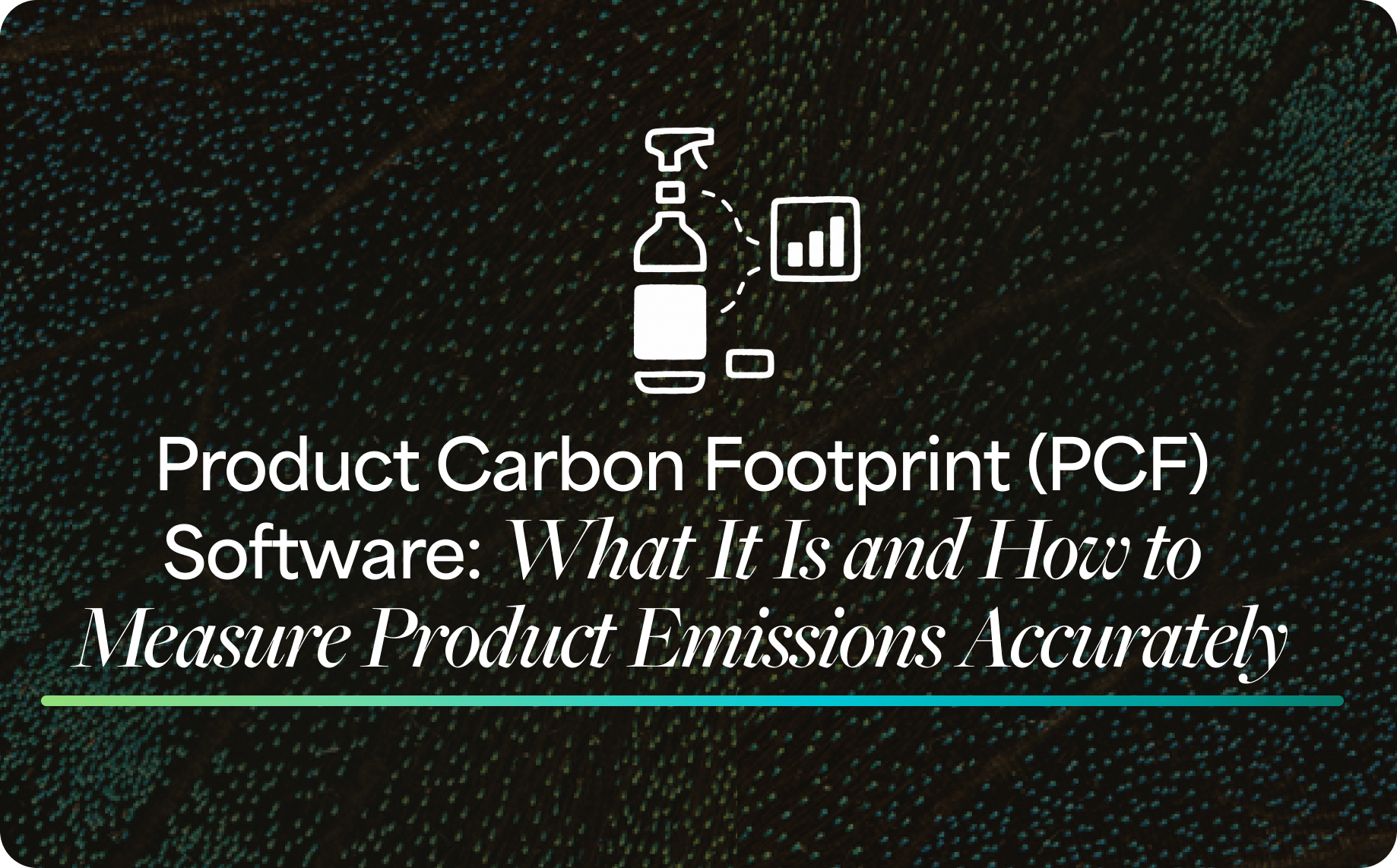On September 24, 2024, Unravel Carbon hosted AI Agents for Sustainability Outcomes at 135 W 50th Street, New York, as part of Climate Week NYC.
The morning brought together leaders from AWS, GSI Environmental, and Unravel Carbon to explore how businesses can stay resilient amid shrinking budgets, fluctuating legislation, and mounting climate mandates. Moderated by Tim Wheatcroft (Unravel Carbon), the session included a panel conversation, a live demo of three AI agents, and networking over a Singaporean culinary experience.
The discussion ranged from regulatory pressures to the promise (and limits) of AI. Here are five key takeaways from the panel conversation:
1. Resilience Means Navigating Change and Climate Is the Biggest Factor
Albert Lu (Senior Sustainability Engineer, GSI Environmental) used a powerful metaphor to explain business resilience:
“Running a good business is kind of like flying a plane. You need redundant safety measures, trained personnel, and the ability to make micro-adjustments to avoid disaster or take advantage of tailwinds. Climate change is now the biggest external factor every business must navigate.”
For businesses, this means recognizing that climate change isn’t an abstract risk — it’s already affecting supply chains, energy costs, and logistics. Marc Allen (CSO, Unravel Carbon) emphasized that climate disclosures are now embedded into corporate governance.
In Australia, reporting is linked to directors’ fiduciary duties, while in California, SB 261 requires climate risk assessments within enterprise risk management systems.
Resilience is no longer optional. It’s a core business strategy tied directly to accountability at the board level.
2. Compliance Pressure Is Escalating Globally
Marc Allen explained how quickly disclosure rules are expanding. In Australia, thresholds are tightening to the point where companies with as little as $50M in revenue will soon be required to report under the Corporations Act.
Many mid-sized firms — including family-owned businesses — have “never measured emissions, never thought about climate,” yet will soon face mandatory compliance.
In the U.S., Albert Lu described two ends of the spectrum: some firms are dragged “kicking and screaming” into disclosures using basic risk matrices, while others are already embedding climate risk modeling into insurance, disaster planning, and enterprise risk management.
The panel agreed: compliance is coming faster than many companies expect, and those who delay will face the steepest climb.
3. AI Adoption is Moving from Automation to Agents
Lisbeth Kaufman (Head of Climate Tech Startups & VC, AWS) mapped out how climate tech startups are adopting AI:
- Two years ago: AI to reduce manual processes (as noted by Lisbeth, BrainBox AI cut onboarding time by 90%).
- Last year: Specialized climate chatbots and vertical foundation models (Anthrogen is inventing enzymes for carbon-negative jet fuel).
- Now: The rise of agentic AI, where autonomous agents execute complex workflows end-to-end.
Albert Lu illustrated the impact with Life Cycle Assessments (LCAs). Traditionally, calculating the footprint of one product SKU takes months and tens of thousands of dollars. By the time results arrive, suppliers may have changed.
AI agents can now generate LCAs “at the snap of a finger” — transforming what was once slow and static into a real-time capability.
Marc Allen added a concrete example: Unravel Carbon is helping a global motor manufacturer generate carbon footprints for thousands of SKUs in minutes. A process that used to take analysts six months can now be completed instantly, at scale.
4. AI Will Not Replace Experts, It Will Amplify Them
While the power of AI was clear, all panelists emphasized the importance of human judgment.
Albert Lu cautioned that while AI can automate grunt work — like parsing spreadsheets or generating footprints — sustainability professionals must remain accountable for interpreting insights and making decisions.
“At the end of the day, it should still be a human in the driver’s seat,”
Marc Allen noted that using AI effectively doesn’t require coding expertise, but it does require critical thinking. The role of the sustainability professional is evolving — not disappearing. AI makes teams more efficient, enabling consultants to serve twice as many clients without sacrificing quality.
5. Optimism Lies in Speed and Scale
Despite the scale of the climate challenge, the panelists expressed optimism. AI, they agreed, is uniquely suited to accelerate action.
Marc Allen put it bluntly:
“We are unwinding the last 150 years of carbon-intensive development in just 25 years. The scale of change required has never been achieved in human history. But AI is one of the tools that can actually help us get there.”
Lisbeth Kaufman highlighted how AI creates a flywheel of impact: startups use AI to build climate solutions faster, which helps companies decarbonize more quickly, which then supports larger systemic change. Albert Lu added that AI is a productivity unlock: in the right hands, it enables breakthroughs not just in sustainability, but in medicine, materials, and beyond.
Final Thoughts
We left New York energized. AI is making sustainability teams more efficient and redefining what’s possible. From real-time product carbon footprints to proactively closing disclosure gaps, AI agents are shifting sustainability work from reactive reporting to proactive strategy.
A big thank you to all our speakers, partners, to our sponsors Singapore Global Network (SGN) and GSI Environmental Inc., and the incredible audience who made this session both insightful and action-driven.
The climate challenge is immense, but with AI agents augmenting human expertise, sustainability professionals finally have the speed and scale to match the urgency of the moment.
To learn more about Unravel Carbon’s AI agents and see them in action, reach out to hello@unravelcarbon.com.


.jpg)

.jpg)